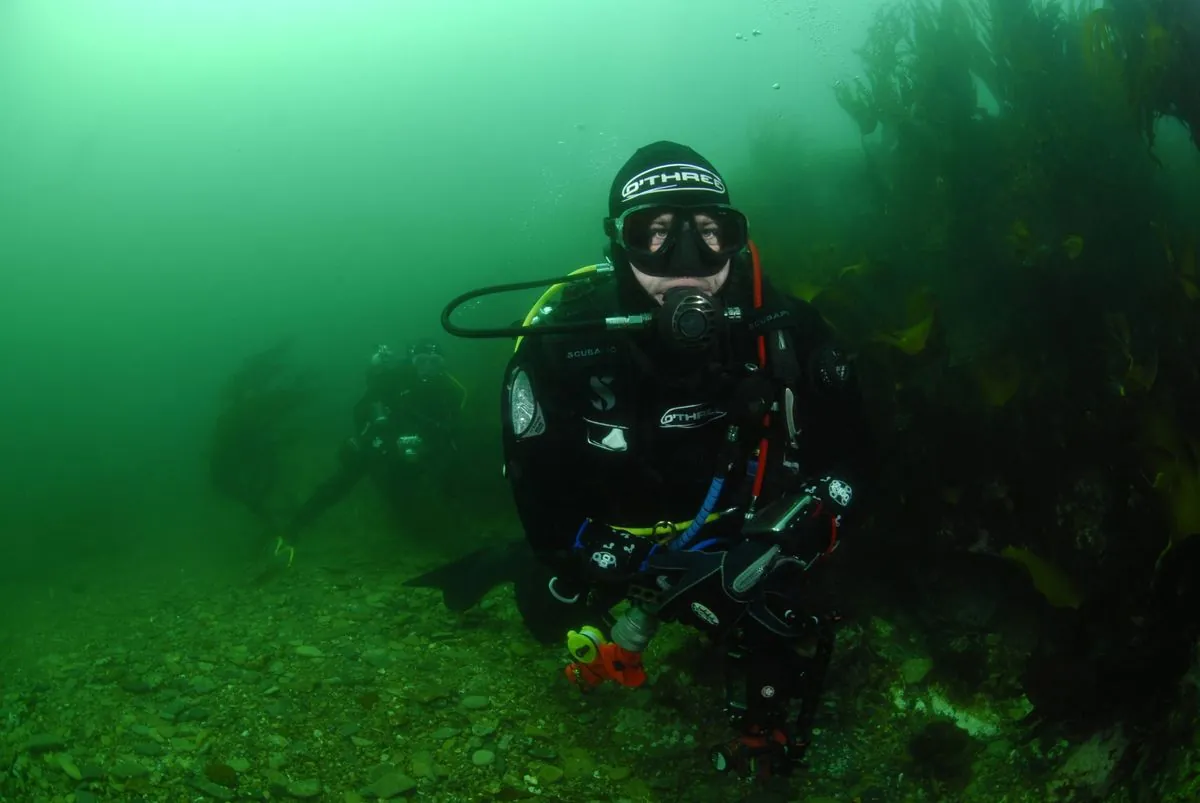The tragic demise of a scuba diver during a "bucket list" expedition could have been averted through thorough equipment inspections, according to a coroner's recent findings. The incident, which occurred over three years ago, has brought attention to the critical importance of safety protocols in the diving community.
David Pleace, a 57-year-old experienced diver from Chellaston, Derbyshire, disappeared while exploring the SMS Brummer shipwreck in Scapa Flow, Orkney, in June 2021. The dive was part of a week-long holiday with fellow enthusiasts. Assistant coroner Sophie Lomas, presiding over the inquest at Derby Coroner's Court, determined that Pleace's death was accidental but preventable.
The SMS Brummer, a German light cruiser launched in 1915, is one of 52 ships scuttled in Scapa Flow on June 21, 1919, marking the largest deliberate sinking of ships in history. This event transformed Scapa Flow into a popular destination for wreck diving, attracting enthusiasts from around the world.
During the second dive of the trip on June 27, 2021, Pleace was reported missing when his companions couldn't locate him. The following day, a local diver discovered his body approximately 20 meters from the shipwreck. Despite Pleace's extensive scuba diving training and the absence of mechanical defects in his equipment, a crucial oversight led to the tragedy.
A diving expert who examined Pleace's gear revealed that a component had become disconnected before he entered the water. Coroner Lomas stated, "The reality is because the hose was not connected, from the moment David entered the water, sadly the outcome was set." This disconnection prevented Pleace from controlling his buoyancy, resulting in a rapid descent.
The inquest highlighted that fewer checks were conducted due to the divers' experience level. Lomas emphasized, "On the evidence, such checks had not been carried out to an appropriate level. Had those checks happened, the wing inflator hose could have been noticed and corrected prior to his entry to the water."
Proper buoyancy control is crucial for safe scuba diving, and this incident underscores the importance of thorough equipment checks regardless of a diver's expertise. The coroner's findings serve as a reminder that even experienced divers should not become complacent about safety procedures.
Scuba diving, invented in the 1940s by Jacques Cousteau and Emile Gagnan, has evolved into a popular recreational activity with significant contributions to marine conservation and research. However, it carries inherent risks, including decompression sickness and nitrogen narcosis, which can be mitigated through proper training and adherence to safety protocols.
The coroner decided against issuing a prevention of future deaths report, stating, "My view is that this is not a gap in training or knowledge or something the organizations are not doing properly – it is attitudinal." This suggests that the focus should be on changing attitudes towards safety checks within the diving community.
As dive tourism continues to contribute significantly to coastal economies worldwide, incidents like this serve as sobering reminders of the importance of safety in underwater exploration. The diving community, while mourning the loss of a well-liked member, must use this tragedy as an opportunity to reinforce the critical nature of thorough equipment checks and safety procedures.
"I would like to highlight to all of the diving community that these checks are very important and that carrying out personal and body checks regardless of your level of expertise can have a significant impact in terms of what follows."
In conclusion, while scuba diving offers unique experiences and contributes to marine conservation efforts, this incident underscores the paramount importance of safety in underwater activities. As enthusiasts continue to explore the depths, including historic sites like the SMS Brummer in Scapa Flow, the diving community must remain vigilant in prioritizing safety to prevent future tragedies.
